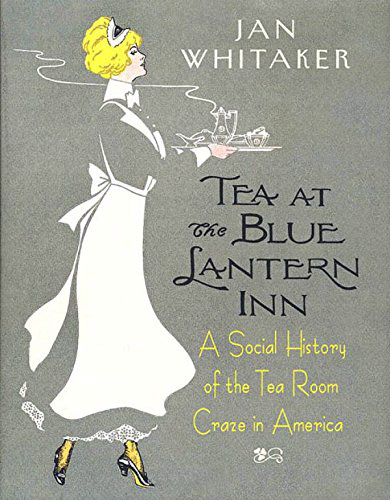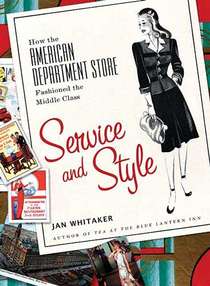 Duncan Hines celebrated simple, home-style American food. But as a printing salesman whose territory covered the entire country he ate in enough restaurants that by his 60s he had accumulated quite a few dissatisfactions with cuisine and service. “Every day on the road adds to my list of pet peeves,” he told an interviewer in 1947. In retrospect it’s clear that the decades in which he rated restaurants for the Adventures in Good Eating directories, the 1930s and 1940s, were not the country’s finest for restauranting. Some of his complaints are dated but others still ring true today.
Duncan Hines celebrated simple, home-style American food. But as a printing salesman whose territory covered the entire country he ate in enough restaurants that by his 60s he had accumulated quite a few dissatisfactions with cuisine and service. “Every day on the road adds to my list of pet peeves,” he told an interviewer in 1947. In retrospect it’s clear that the decades in which he rated restaurants for the Adventures in Good Eating directories, the 1930s and 1940s, were not the country’s finest for restauranting. Some of his complaints are dated but others still ring true today.
● Chef’s specials: “Most Chef’s Specials are ground-up leftovers.”
● Chicken a la king: “I always dodge chicken a la king, if it is offered at bargain prices.”
● Cover-ups: “Foods doused with gravies or sauces.”
● Warmed-up baked potatoes.
● French fries kept warm under a heat lamp: “The grease soaks through.”
● Restaurants that steer patrons into the bar while they wait for their table.
● Being seated at a table that hasn’t been cleared of the previous patrons’ dirty dishes
● Restaurants that crowd patrons “like sardines.”
● Certain small towns: “The states between the Mississippi River and the Pacific Coast are pretty much the Gobi Desert as far as good cooking in the small towns goes.”
● “Maryland fried chicken” which is widely advertised but often turns out to be “old chickens covered with thick batter.”
● Long menus that contain nothing outstanding.
 ● Roadside stands: “Never eat at hot dog or hamburger stands.”
● Roadside stands: “Never eat at hot dog or hamburger stands.”
● Drug store counters: “How in God’s name can anyone who regularly eats drugstore snacks ever be expected to recognize a good meal when it’s served?
● Restaurants that ignore local specialties, such as those on the Gulf that feature chicken and steak rather than red snapper. Why no fiddleheads on menus in Maine? he asked.













 It's great to hear from readers and I take time to answer queries. I can't always find what you are looking for, but I do appreciate getting thank yous no matter what the outcome.
It's great to hear from readers and I take time to answer queries. I can't always find what you are looking for, but I do appreciate getting thank yous no matter what the outcome.


